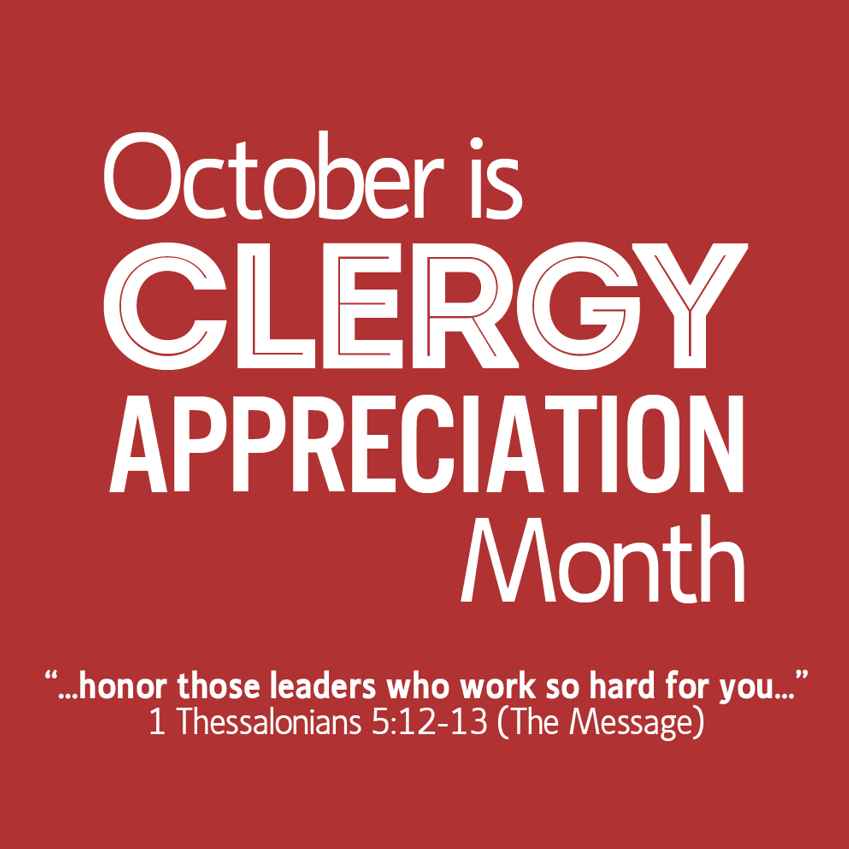by Craig L. Nessan
Diaconia belongs to all the baptized as “a dimension integral to the nature and mission of the church” (World Council of Churches and ACT Alliance 2022, p. 10). Called to Transformation gives new ecumenical attention to “the diaconate of all believers, based on the view that God’s spirit graciously empowers and equips for discipleship, from the youngest to the oldest, men and women (Acts 2:17)” (World Council of Churches and ACT Alliance 2022, pp. 16–17).
From this follows that the diaconal vocation in the first place relates to everyday life: the family that cares for its members and in particular children and the elderly, the neighborhood and the workplace, civil society, and other arenas for social action (World Council of Churches and ACT Alliance 2022, p. 17).
There is clear recognition that “diaconal activities organized by local congregations and other church structures, including professional diaconal agents, depend on and are largely borne by the diaconate of all believers” (World Council of Churches and ACT Alliance 2022, p. 17). How can the church be mobilized by intentional focus on equipping the baptized for the diaconate of daily life?
While these ecumenical affirmations of the universal diaconate are crucial for the revitalization of the church, they have remained largely undeveloped beyond these formal acknowledgements. The homeostasis that strangles the vitality of the institutional church—which can be called “churchification”—remains a formidable challenge to reconstituting the church’s mission through the service of the baptized diaconate. In North America, a deep rift exists between what happens in the name of the institutional church and the rest of people’s lives. In this regard, the churches of the North have much to learn from the churches of Africa, South America, and Asia about validating and equipping all the baptized for their vocations in daily life (Jenkins 2006).
Baptism and confirmation constitute the ordination of the laity
The primary vocation of Christian people is to live out the covenant God in Christ made with them in baptism: “To live among God’s faithful people, to hear the word of God and share in the Lord’s supper, to proclaim the good news of God in Christ through word and deed, to serve all people, following the example of Jesus, and to strive for justice and peace in all the earth”. At the time of the Reformation, the universal priesthood was a radical claim about the equal status of all believers before God based on baptism. It was designed to overcome the dependency of the Christian people (laity) on the ministrations of a clerical hierarchy.
Baptism needs to be understood as a rite of ordination to the ministry for all Christian people. “Baptism and confirmation constitute the ordination of the laity, which makes it possible for them to participate in Christ’s ministry in and for the world” (Apostola 1998, p. 9). Affirming baptism as the primary ordination of Christian people grants significance and status to all the baptized as ministers of the gospel of Jesus Christ. By teaching baptism as ordination to ministry in the diaconate of all believers, the formation of the baptized for their service to others in daily life must be taken as seriously as theological education for deacons and pastors. The formation of believers for the universal diaconate begins with focused attention in the church’s worship, education, community, and leadership practices.
Read the full text from The Diaconate of All Believers: Theology, Formation, Practice, MDPI Journals, 4 June 2023
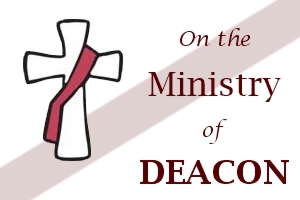
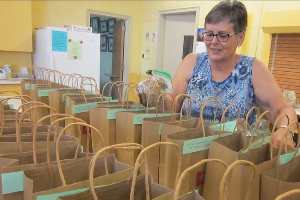

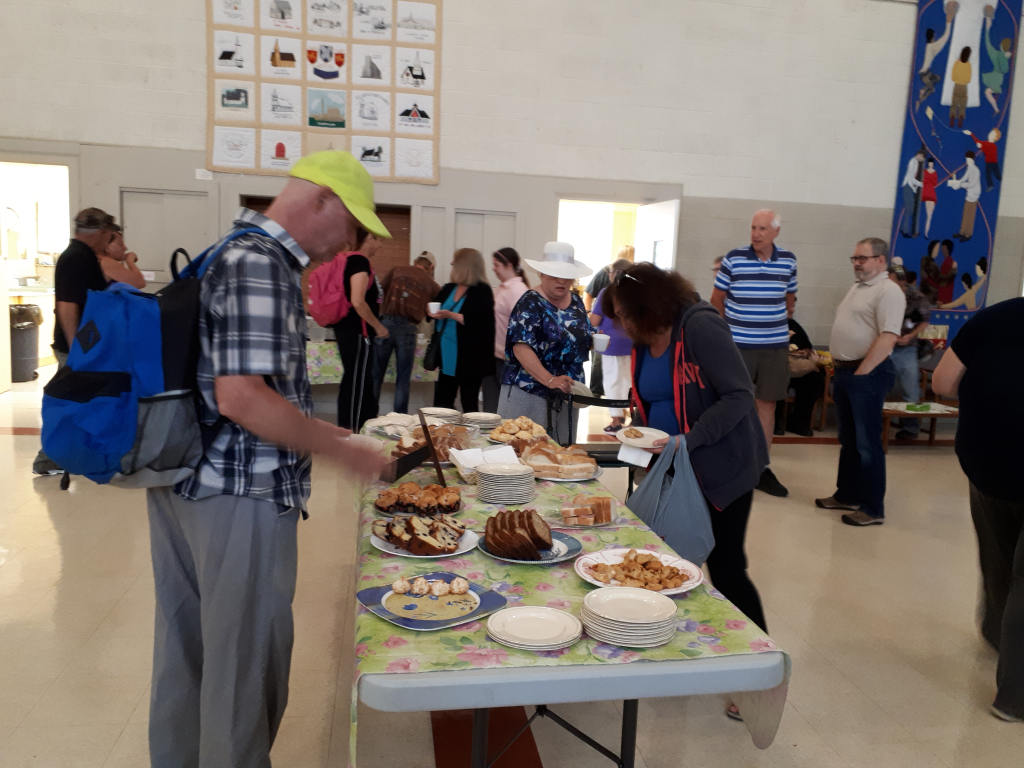
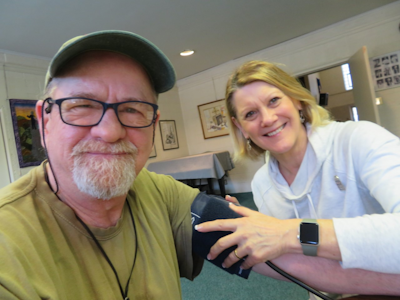
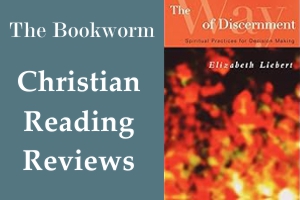

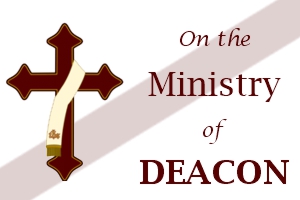
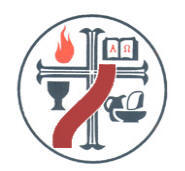



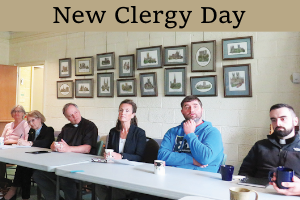

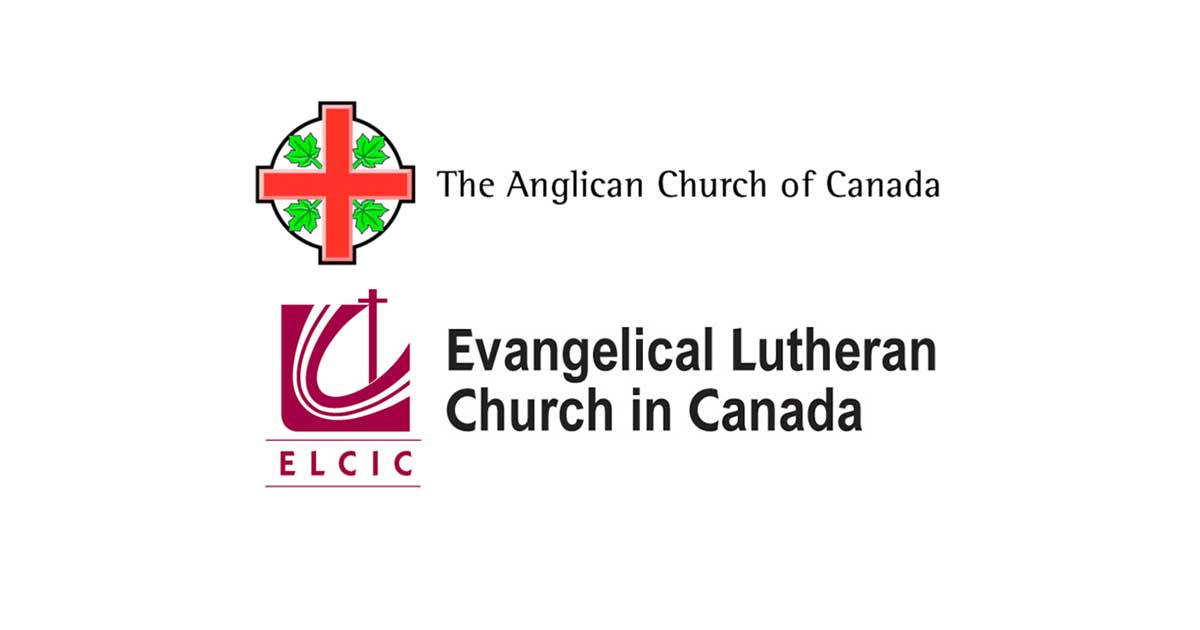 On Saturday the world watched in horror as Hamas launched a rapid, devastating barrage of violence against Israel. Rockets, drone attacks, the killing of civilians and the taking of hostages have ignited long simmering tensions between Israel and Palestine. Israel has responded with ongoing rocket attacks and the death toll on all sides rises daily.
On Saturday the world watched in horror as Hamas launched a rapid, devastating barrage of violence against Israel. Rockets, drone attacks, the killing of civilians and the taking of hostages have ignited long simmering tensions between Israel and Palestine. Israel has responded with ongoing rocket attacks and the death toll on all sides rises daily.

